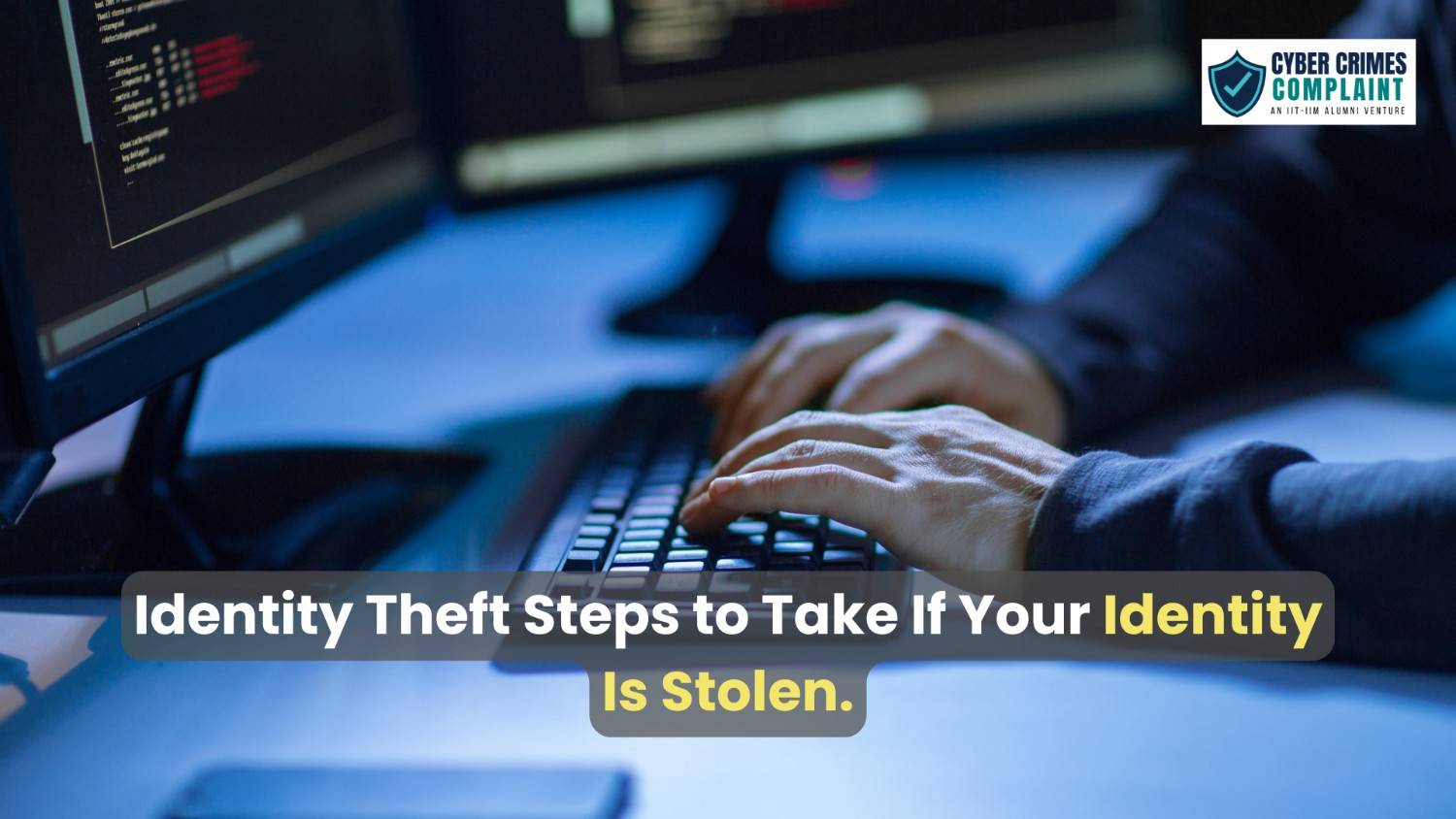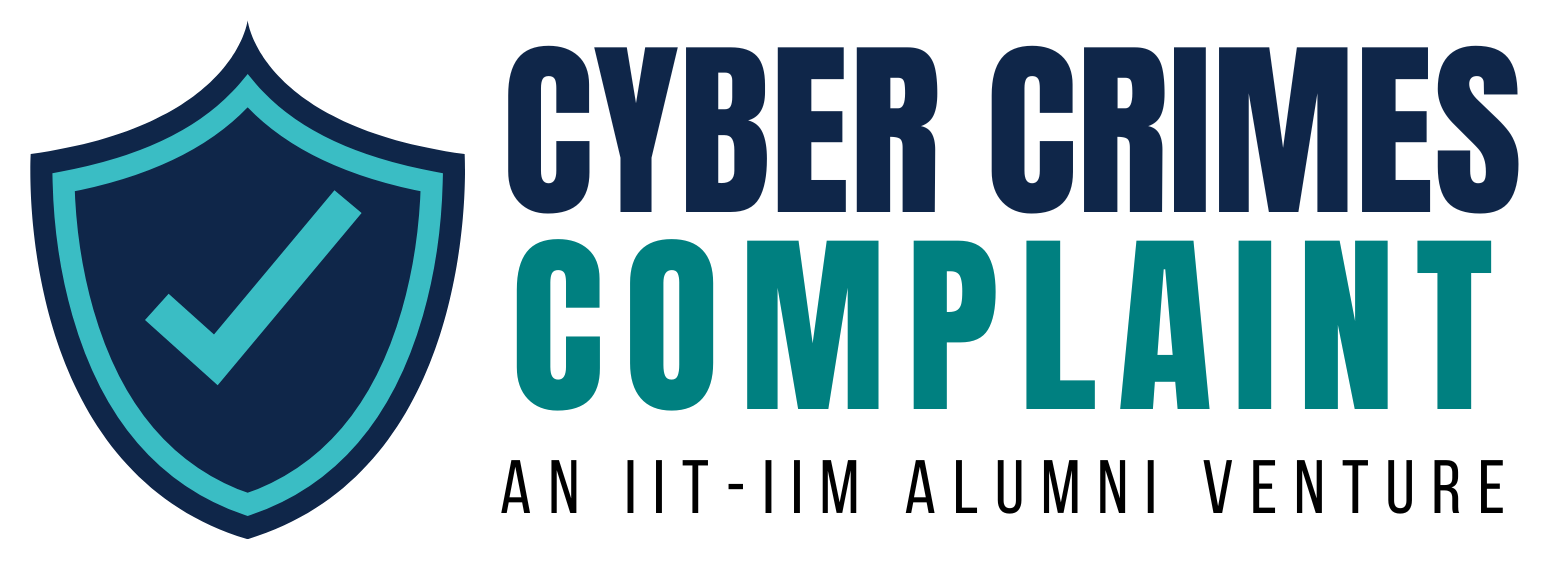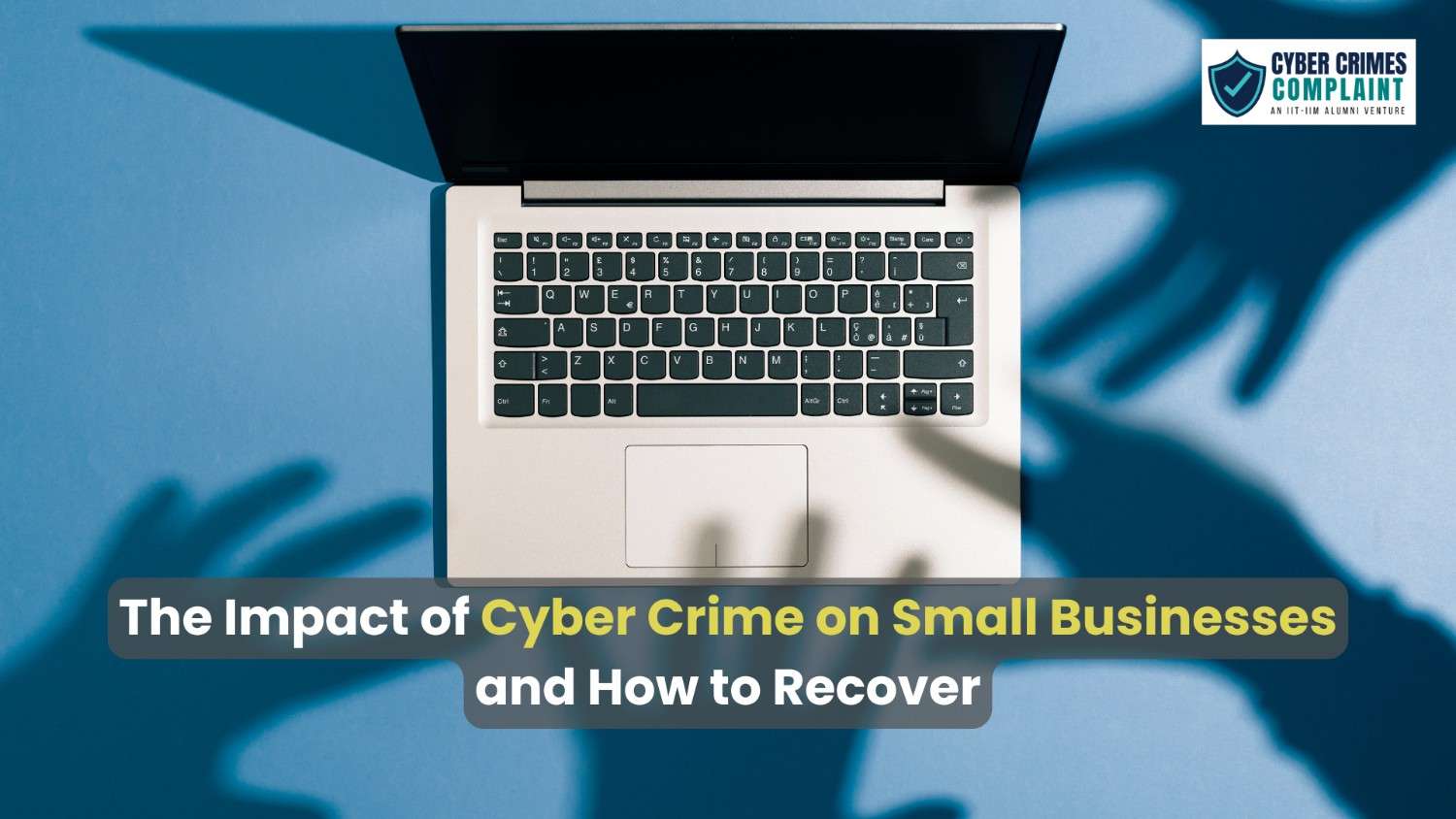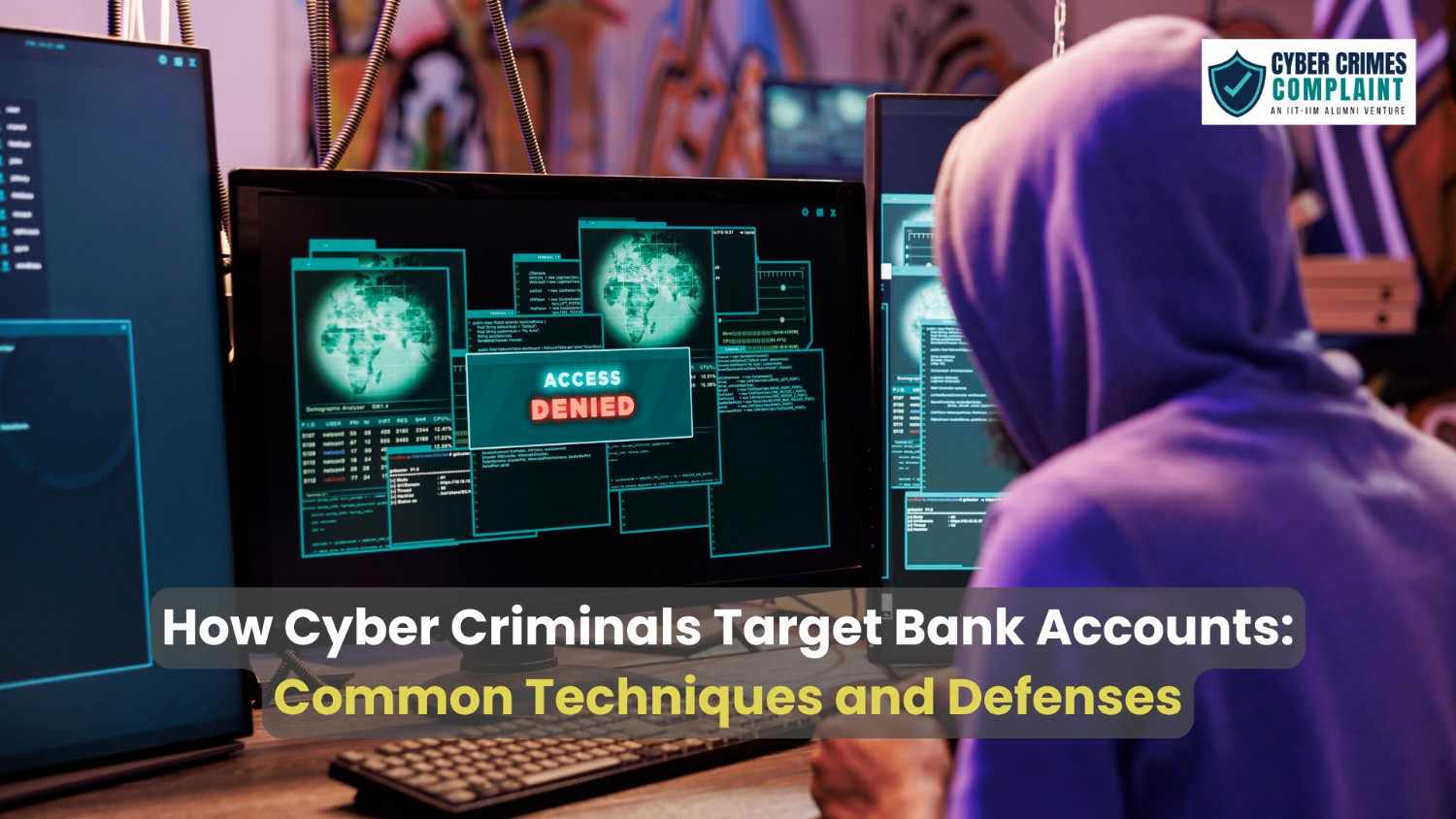· Cybersecurity · 5 min read
Identity Theft: Steps to Take If Your Identity Is Stolen
Identity theft can be a distressing experience, but acting quickly can minimize the damage. Learn the essential steps to take if your identity is stolen, from confirming the theft to securing your accounts and preventing future incidents.

Identity theft can be a devastating experience. When someone steals your personal information, they may open bank accounts, apply for loans, or make purchases in your name. Acting quickly is essential if you suspect you’re a victim. Here’s a step-by-step guide to help you navigate the process and secure your identity.
What Is Identity Theft?
Identity theft occurs when someone uses your personal information—such as your name, Social Security number, or bank account details—without your permission, usually for financial gain. It’s a crime that can have long-term effects on your financial security and peace of mind.
Steps to Take If Your Identity Is Stolen
1. Confirm the Identity Theft
Before taking action, make sure identity theft has indeed occurred. Check your accounts for any unauthorized transactions, unfamiliar loans, or credit card applications you didn’t initiate.
2. Contact Your Bank and Credit Card Companies
Notify your bank and credit card companies immediately. They can freeze your accounts, block any suspicious transactions, and help you secure your financial information. Request new account numbers, cards, and PINs to prevent further unauthorized access.
3. Place a Fraud Alert on Your Credit Report
Contact one of the major credit bureaus—Experian, TransUnion, or Equifax—to place a fraud alert on your credit report. A fraud alert notifies creditors to take extra steps to verify your identity before opening new accounts in your name. The bureau you contact will inform the other two on your behalf.
4. File a Report with the Police
Visit your local police station to file a report about the identity theft. This police report serves as an official record of the crime and can be helpful if creditors require evidence of the theft or if you need to dispute fraudulent charges.
5. Report the Theft to the Identity Theft Protection Authorities
In the United States, you can report identity theft to the Federal Trade Commission (FTC) through IdentityTheft.gov. This site provides a personalized recovery plan and official documentation that creditors may require.
For India, report identity theft incidents to the National Cyber Crime Reporting Portal or contact the cybercrime cell in your area for assistance.
6. Monitor Your Credit Report and Financial Accounts Regularly
Identity thieves may attempt multiple attacks, so continue monitoring your credit reports and financial accounts closely. Review your reports from all three credit bureaus to catch any fraudulent activity promptly.
7. Dispute Any Unauthorized Charges
If you see unauthorized transactions on your accounts or credit report, contact your bank, credit card issuer, or the merchant involved to dispute the charges. Provide any necessary documentation, including police and FTC reports, to expedite the process.
8. Secure Your Online Accounts
Change the passwords for all your online accounts, especially those related to banking and shopping. Use strong, unique passwords and enable two-factor authentication (2FA) wherever possible. Avoid using the same password across multiple sites.
9. Consider a Credit Freeze
If identity theft has compromised your credit, you may want to place a credit freeze on your reports with each of the major credit bureaus. This freeze prevents new creditors from accessing your credit file, making it harder for thieves to open accounts in your name.
10. Inform the IRS or Relevant Tax Authorities
Identity thieves sometimes use stolen information to file false tax returns and claim refunds. If you suspect this, notify the Internal Revenue Service (IRS) or your country’s tax authority immediately. They can guide you on additional steps to protect your tax records.
11. Update Security on Your Devices
Identity theft often involves digital data breaches, so securing your devices is crucial. Install anti-virus software, keep software updated, and avoid public Wi-Fi networks when accessing sensitive accounts. Regular device security checks can prevent further risks.
12. Alert the Post Office to Prevent Mail Fraud
Sometimes, identity thieves use your personal details to redirect your mail to a different address to access sensitive information. Notify your post office and confirm that your mail delivery is secure.
13. Reach Out to Your Health Insurance Provider
Medical identity theft is a growing issue where thieves use your identity to access healthcare services. If you suspect this, contact your health insurance provider to review your records and ensure that no fraudulent claims have been made.
14. Stay Vigilant Against Future Attacks
Identity thieves may attempt to strike again, so maintain a vigilant approach. Regularly monitor your financial accounts, credit reports, and online activities for any signs of unauthorized access.
Conclusion
Identity theft is a serious issue, but acting quickly and following these steps can help minimize the damage. Stay proactive about monitoring your accounts and securing your information to prevent future occurrences.
FAQs
What should I do if I suspect identity theft but don’t see any fraudulent charges yet?
Place a fraud alert on your credit report and closely monitor your financial accounts. Early action is key to stopping identity theft in its tracks.
How can I prevent identity theft from happening in the future?
Use strong passwords, enable two-factor authentication, and regularly check your credit report and financial accounts. Avoid sharing personal information unnecessarily.
Can identity theft affect my credit score?
Yes, unauthorized charges and accounts opened in your name can lower your credit score. Report and dispute these items to prevent further damage.
What is the difference between a fraud alert and a credit freeze?
A fraud alert warns creditors to take extra steps to verify your identity, while a credit freeze blocks access to your credit file, making it difficult to open new accounts in your name.
Is it necessary to file a police report if I’m a victim of identity theft?
Yes, a police report provides an official record of the crime and can help with disputing fraudulent charges or accounts opened in your name.



.v6LwWvSx.jpeg)